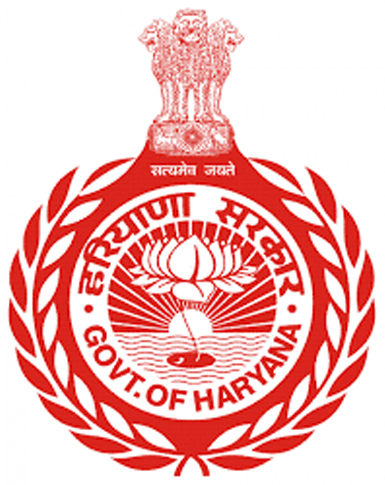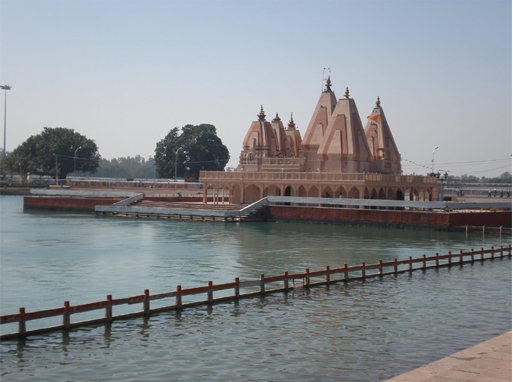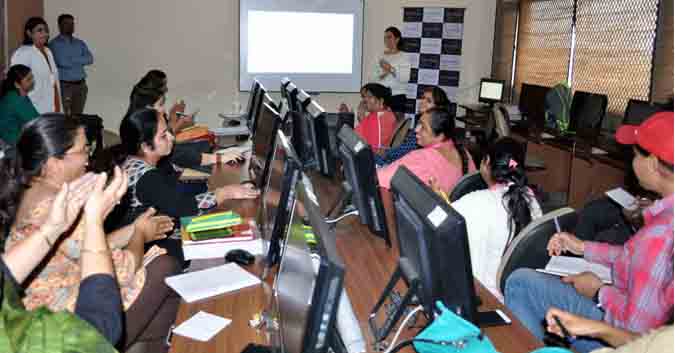Chandigarh, May 18:
Haryana Government has framed a policy for allotment of plots or flats earmarked for Economical Weaker Section (EWS) in the Licensed Colony.
While stating this here today, a spokesman of Town and Country Planning Department said that the licensee would reserve 20 percent of the total number of residential plots in residential plotted colony for allotment to such eligible applicants as prescribed under this policy.
He said that EWS plot size would vary within 50 square metres to 125 square metres or as otherwise approved specifically in the Layout plan by the Director. The licensee would transfer all the EWS category plots to Housing Board Haryana within six months after approval of zoning plan at the rate fixed by the Government from time to time which presently is Rs. 600 per square metre.
The licensee would complete the development works of at least road, water supply, sewerage and electricity in the area earmarked for EWS plots within one year from approval of zoning plan or environmental clearance, whichever is later. Housing Board Haryana may construct units on the transferred plots and allot to BPL applicants or EWS applicants in accordance with the provisions of layout plan or zoning plan after following a transparent procedure for calling applications and selection of eligible beneficiaries. For the purpose of this policy, the definition of EWS stands adopted as provided under Pradhan Mantri Awas Yojana (PMAY) guidelines, that is, with annual household income less than three lakh or as amended under PMAY guidelines from time to time.
The spokesman said that in case of earlier granted licenses, licensee would transfer the EWS units to Housing Board before getting the license renewed. Housing Board after carrying out construction as per specifications and would allot the EWS units to the eligible beneficiaries, with first preference being granted to the BPL applicants. Housing Board may also earmark these units for Rental Housing Scheme for eligible beneficiaries. The allottees of such plots would not be allowed to further transfer the plots to any other person within a period of five years after getting the possession. Housing Board would impose this condition in the allotment letter. The breach of this condition will attract penalty equivalent to 100 percent of selling price of the allotted unit to be paid by the purchaser. Execution of irrevocable power of attorney in favour of any person other than blood relation alongwith irrevocable will and for consideration passed on to the executor of irrevocable power of attorney or to anybody on his behalf, would be construed as sale of property for this purpose. This penalty is to prevent misuse of such plot and allotment of plot would also be liable for cancellation.
He said that for avoiding duplicacy, Housing Board would fix a rubber stamp of the Board on the BPL card of the allottee, till the time Aadhaar cards are not made compulsory and thereafter the entry of the number of Aadhaar card of BPL candidates will be compulsory in the application form. The list of successful BPL as well as EWS beneficiaries would be forwarded to the Department for maintaining an integrated database of allottees so as to avoid duplicate allotment to same beneficiaries. The BPL as well as EWS verification would be carried out in case of successful allottees only.
The licensee would reserve 15 percent of total number of residential flats in Group Housing colony for allotment to such eligible applicants as prescribed under this policy. The minimum size of EWS flat would be 200 square feet and the maximum price for allotment of EWS flats in group housing colonies would be as fixed by the Government from time to time which presently is Rs. 1,50,000 per flat, that is, Rs 750 per square feet.
He said that the complete scheme would be floated within six months from issuance of occupation or part-occupation certificate of EWS flats. The colonizer upon obtaining such occupation or part-occupation certificate, would immediately and not later than 60 days convey the detail of such flats to Housing Board for the purpose of inviting application and for identification of the eligible beneficiaries. Housing Board would act as an intermediary for the purpose of identification of eligible beneficiaries only on behalf of the colonizers and Director General, Town and Country Planning Department. By no means, the involvement of Housing Board would amount to it being designated as a developer for the project, as far as compliance under the Real Estate Regulatory Authority Act is concerned.
All compliances pertaining to the Haryana Development and Regulation of Urban Areas Act, 1975 as well as the Apartment Ownership Act 1983 would continue to be the sole responsibilities of the licencee. While identifying the beneficiaries for allotment, Housing Board would grant first preference to the BPL families and thereafter to the EWS applicants of the State. In cases where EWS flats have already been advertised, the licensee would conduct draw of lots within three months from issuance of this policy.
He said that the Housing Board would charge Rs.10,000 as registration or earnest money alongwith each application. Housing Board would retain such registration charges from each successful allottee after conducting the draw of lots. The balance amount of Rs.1.4 lakh would be recovered directly by the colonizer from the beneficiaries as identified by Housing Board. For unsuccessful candidates, refund of registration or earnest money (without interest or compensation) would be made by Housing Board within two months from date of draw. The earnest money of the applicants in the waiting list may be retained by the Housing Board till the process of allotment of successful applicants is completed. Thereafter, the earnest money would be refunded within one month period. However in case any applicant in waiting list requests for refund of earnest money even during the process of allotment, the Housing Board would refund the same within a period of one month from receipt of the request without making any deductions. In case a successful candidate surrenders his flat, entire amount will be refunded by the colonizer without any deduction. However, the registration amount of Rs.10,000 recovered by Housing Board would remain non-refundable.
Housing Board would refund the earnest money to unsuccessful candidate’s alongwith normal interest of saving bank account in State bank of India as applicable from time to time. However, no interest would be paid for a period of six months from the date of submission of application alongwith earnest money, he added.
















